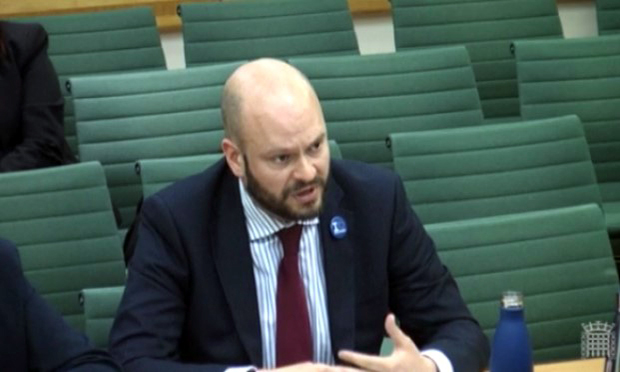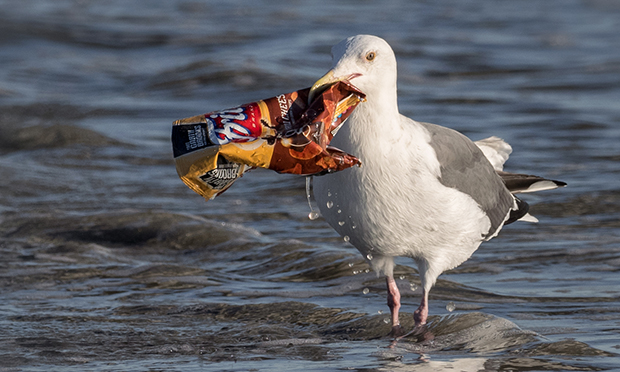Plastic producers must foot the waste bill, Hackney Mayor tells MPs

Photograph: Parliament.uk
Hackney’s Mayor Philip Glanville has told MPs that plastic producers must bear the “full cost” of processing waste after “shirking their responsibility for too long”.
The borough’s leader was speaking to a housing, communities and local government select committee inquiry into the implications of Whitehall’s waste strategy on Monday.
The session examined what practical and policy changes are needed to help reach the government’s target recycling rate of 65 per cent by 2035, and the financial implications for local authorities.
It also looked into how the waste strategy will be funded, and the potential impact that measures such as deposit return schemes could have on recycling rates.
Mayor Glanville, appearing alongside Sevenoaks councillor Peter Fleming, urged the government to strengthen its plans to make plastic producers responsible for the costs of managing packaging waste.
He wants the proposals, which he says are “positive”, to go even further and ensure that producers are accountable for all aspects of managing their waste and not just the cost of collecting recycling.
He told the committee that the industry must also “get its act in order” by “making sure that they are not producing packaging that isn’t recyclable”.
Glanville also called for any changes to local waste collections in the strategy to be fully funded by central government.

In a statement following his appearance, he called for a “fundamental rethink” in the country’s approach to waste – by focusing not only on increasing recycling, but reducing the materials we produce and consume.
He said: “We’re taking radical action to reduce waste in Hackney by eliminating single-use plastic from council buildings, introducing a network of free water fountains across the borough and working with the North London Waste Authority (NLWA) on new Low Plastic Zones.
“However, for too long, packaging producers have shirked their responsibility for the waste they create, leaving our planet paying the price for ever-increasing amounts of waste and local government footing the bill for disposing and recycling packaging.”
NLWA chair and Waltham Forest councillor Clyde Loakes has echoed Glanville’s view that “recycling alone is not the solution”, saying “reuse, repair and reduction” are better options.
Loakes also talked up the imminent launch of Low Plastic Zones in six boroughs, including one in Dalston, which will see councils encourage businesses to reduce excessive and unnecessary plastic.
He added: “We recognise that consumers are concerned about plastics and want to do the right thing, but it must be made easier (and cheaper) for them.
“This is why NLWA supports government proposals for a deposit return scheme (DRS) for all materials where there is a viable market, greater consistency of recycling collections, and reform of the UK packaging producer responsibility system.”
Loakes also called on the government to make recycling compulsory in the UK, and to “provide local authorities with the powers to enforce responsible and correct recycling”, saying: “This offers the best way of securing higher levels of participation and getting high quality recycling.”
For more information about Low Plastic Zones, head to wiseuptowaste.org.uk
